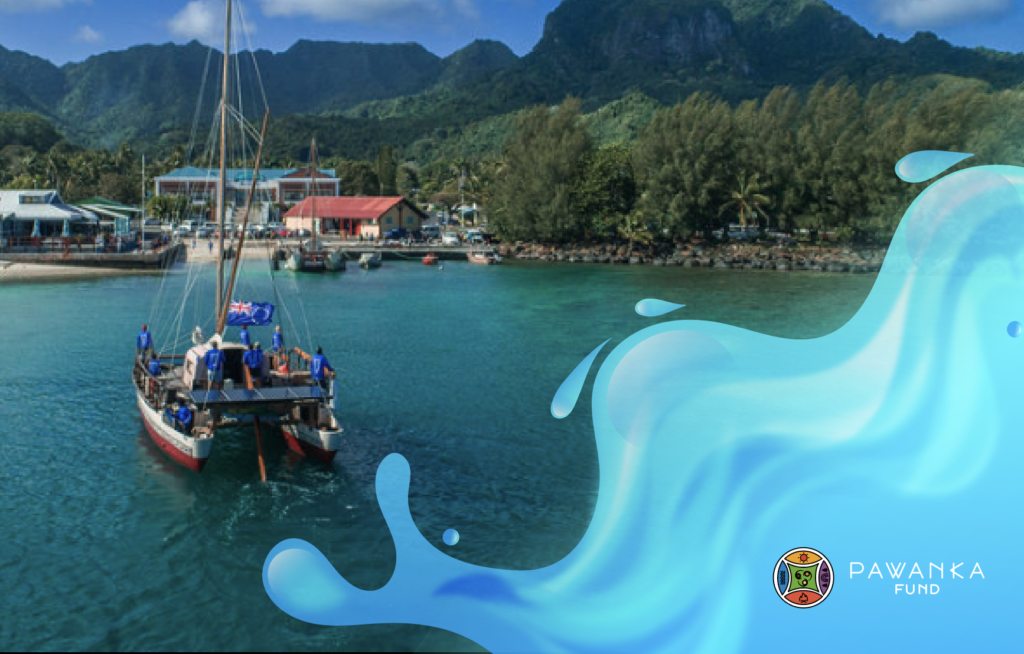Indigenous Peoples are among those who have contributed the least to the problem of the alteration of the global water cycle.
Their contribution to the preservation of ecosystems and their contributions to water governance have been recognized in recent conferences on Climate Change and Biodiversity, and FAO has stated that Indigenous Peoples are the guardians of 80% of the world’s biodiversity, as they usually live in natural places and near bodies of water. Their territories contain about one third of all carbon stored in the forests of Latin America and the Caribbean and 14% of the carbon stored in tropical forests worldwide.
In the worldview of Indigenous Peoples, water belongs to everyone and should continue to be available as a common good. Although indigenous communities play an important role in good water governance and their close cultural relationship with nature, they often do not have access to safe drinking water and are also the ones who suffer the most from the effects of the alteration of the water cycle.
Indigenous Peoples have always used their own methods, techniques, sciences, spiritual and cultural practices and interdependent biodiversity. Traditional and innovative climate change adaptation practices promote community resilience and range from improved building technologies to river water storage.
Water is essential for drinking, sanitation, hygiene, sustaining life and health, and is a basic human need that constitutes human rights. States should provide the necessary means to ensure that indigenous peoples enjoy their human rights to safe drinking water and sanitation, including a respectful intercultural dialogue with their worldviews, knowledge and ancestral practices.
By caring for and protecting the water cycle, Indigenous Peoples can contribute greatly to mitigating the negative effects of climate change by acting as guardians of natural resources and biodiversity in the territories in which they live.

